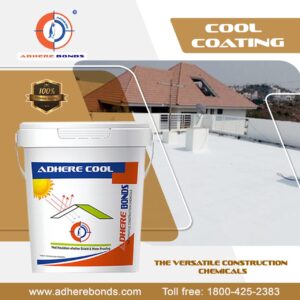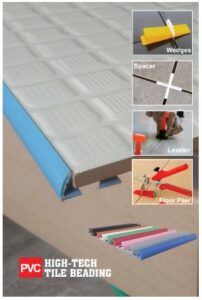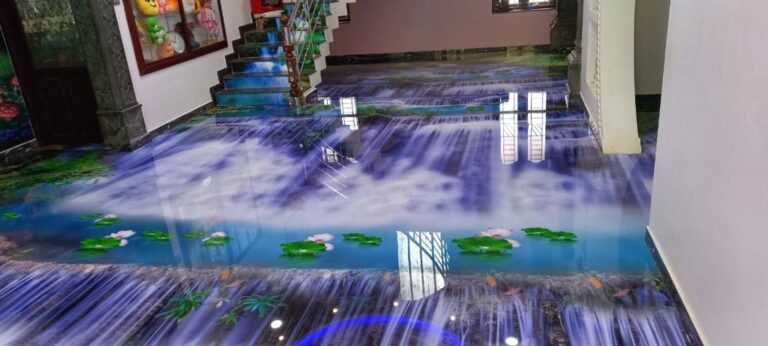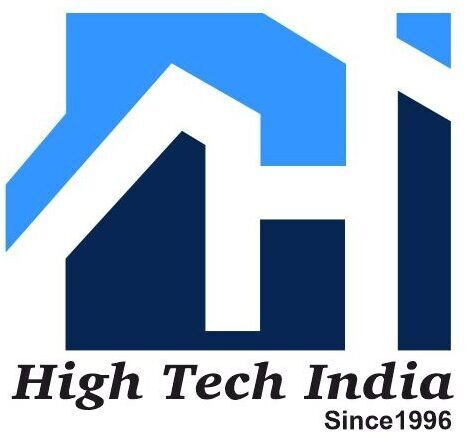
Waterproofing is a critical process used to protect structures from water damage by creating a barrier that prevents moisture from penetrating walls, roofs, basements, and foundations. This process is essential in safeguarding buildings from issues such as leaks, mold growth, and structural deterioration caused by prolonged exposure to water. Waterproofing can be achieved through a variety of methods, including coatings, sealants, membranes, and chemical treatments, each tailored to specific materials and environmental conditions. Effective waterproofing not only protects the integrity of a building but also enhances its longevity and comfort, ensuring dry, safe, and healthy living conditions. It is particularly important in areas prone to heavy rainfall or high humidity, where moisture intrusion can cause severe damage. In addition to preventing structural damage, waterproofing also offers energy efficiency benefits by reducing heat loss and maintaining better insulation.

Coal coating is a protective treatment used to enhance the durability and performance of surfaces exposed to harsh environmental conditions. Often applied in industries like construction, manufacturing, and infrastructure, coal coatings offer excellent resistance to corrosion, abrasion, and physical wear, helping extend the lifespan of materials like steel and machinery. These coatings are particularly effective in preventing rust and damage caused by moisture, salts, and chemicals. Additionally, coal coatings provide thermal insulation, improve energy efficiency, and offer protection from UV radiation and extreme temperatures. They are also a cost-effective solution, providing long-lasting protection at an affordable price, making them ideal for large-scale projects. With their environmentally friendly properties and strong adhesion, coal coatings are widely used in applications such as steel structures, industrial equipment, and even road construction.

Tile adhesives are specialized bonding compounds used to attach tiles to various surfaces such as walls, floors, and ceilings. These adhesives are designed to provide a strong and durable bond, ensuring that tiles stay securely in place for long periods, even under heavy foot traffic or exposure to moisture. Tile adhesives come in different forms, including paste, powder, and gel, and are available for both ceramic and stone tiles. The choice of adhesive depends on factors like tile type, surface material, and the environmental conditions of the installation area. High-quality tile adhesives offer enhanced flexibility, water resistance, and quick-setting properties, making them ideal for both residential and commercial applications. Properly applied tile adhesives help prevent common issues like tile displacement, cracking, and water seepage, ensuring the durability and aesthetic appeal of tiled surfaces.

Tile beading is a finishing element used in tile installations to provide a clean, smooth edge along the borders of tiled surfaces. It is typically made from materials like aluminum, PVC, or stainless steel and is installed along the perimeter of tiles to conceal rough edges and prevent water from seeping behind the tiles. Tile beading not only improves the appearance of the installation by giving it a neat, professional finish but also offers practical benefits such as protecting the edges of tiles from damage and wear. It is especially useful in areas like bathrooms, kitchens, and shower rooms, where moisture exposure is high. Tile beading also helps maintain the structural integrity of tiled surfaces by providing a protective barrier against mold and mildew growth, making it a popular choice for both aesthetic and functional reasons.

Epoxy flooring is a type of durable and high-performance flooring system made by applying a mixture of epoxy resin and hardeners to a concrete surface. This creates a seamless, strong, and smooth surface that is resistant to a wide range of challenges, including heavy foot traffic, chemicals, moisture, and abrasion. Epoxy flooring is commonly used in industrial, commercial, and residential settings due to its ability to withstand harsh environments. It is particularly popular in garages, warehouses, hospitals, and kitchens, where cleanliness and durability are paramount. The flooring not only enhances the aesthetic appeal with its glossy, high-shine finish but also provides long-lasting protection. Epoxy floors are also known for being low-maintenance, easy to clean, and resistant to stains, making them a practical and cost-effective solution. Additionally, they offer safety benefits, as certain types of epoxy flooring can be slip-resistant, reducing .
